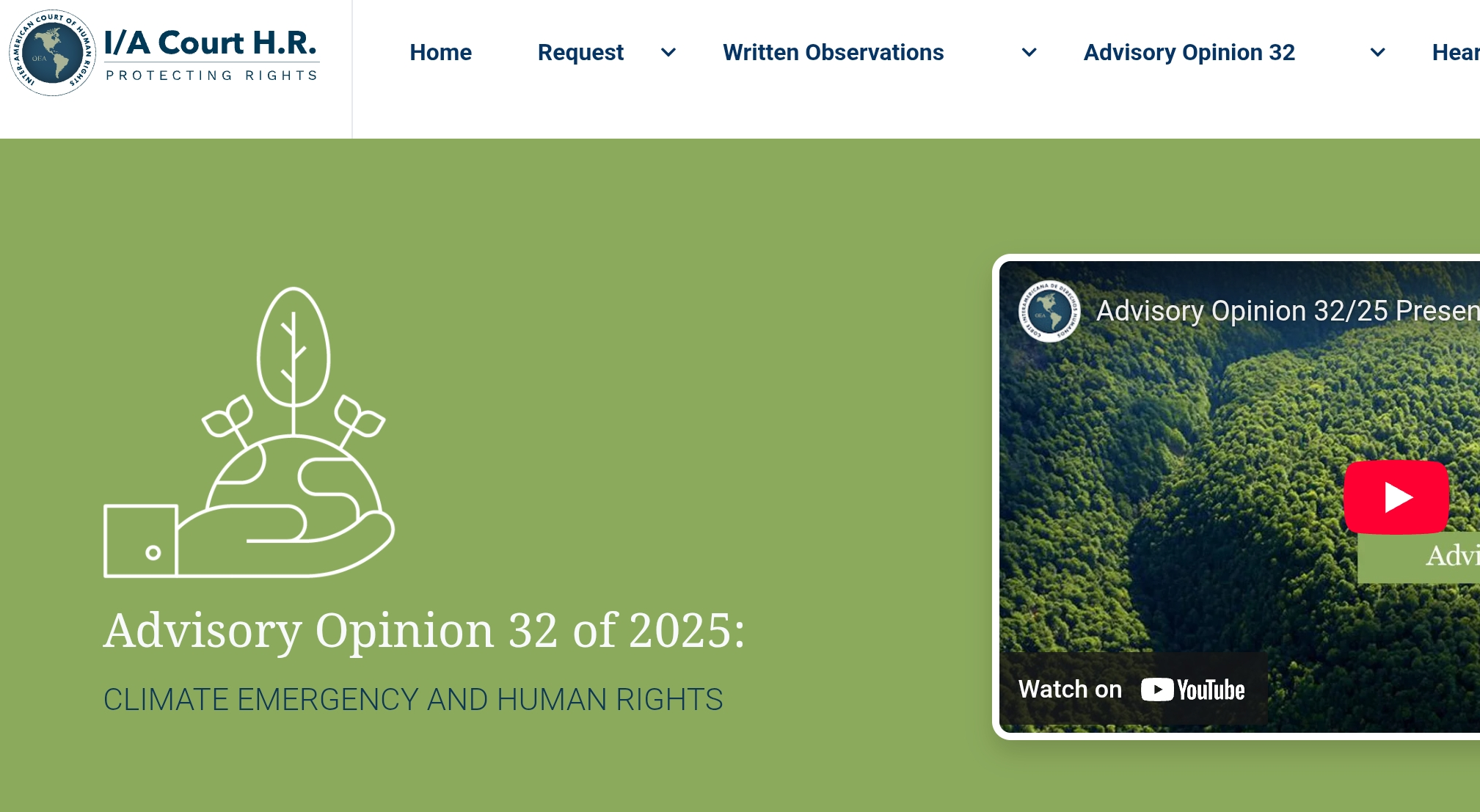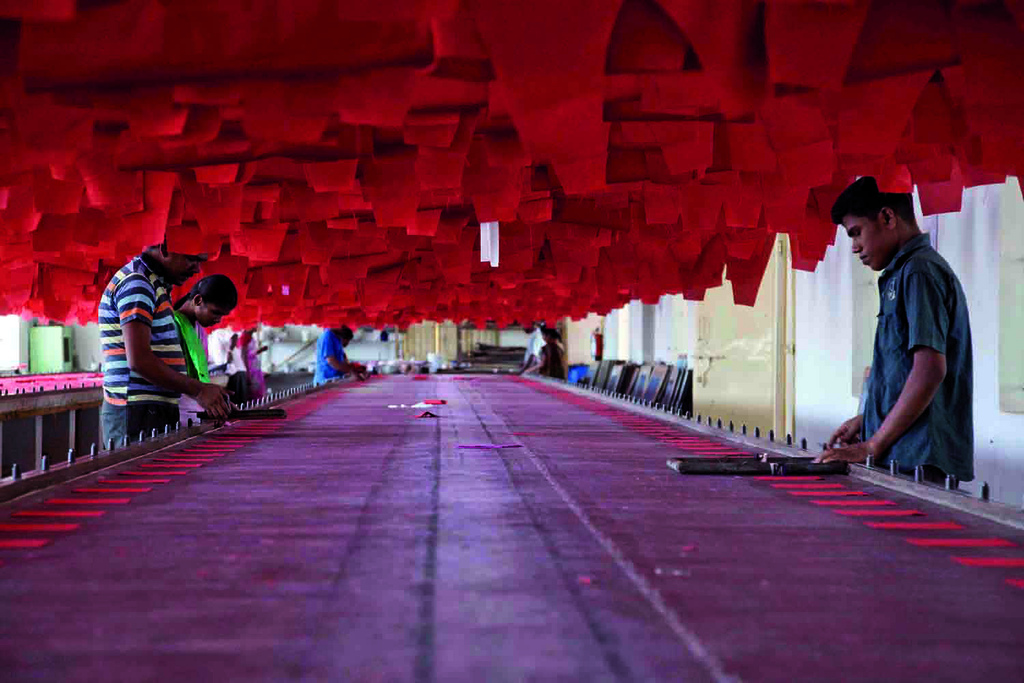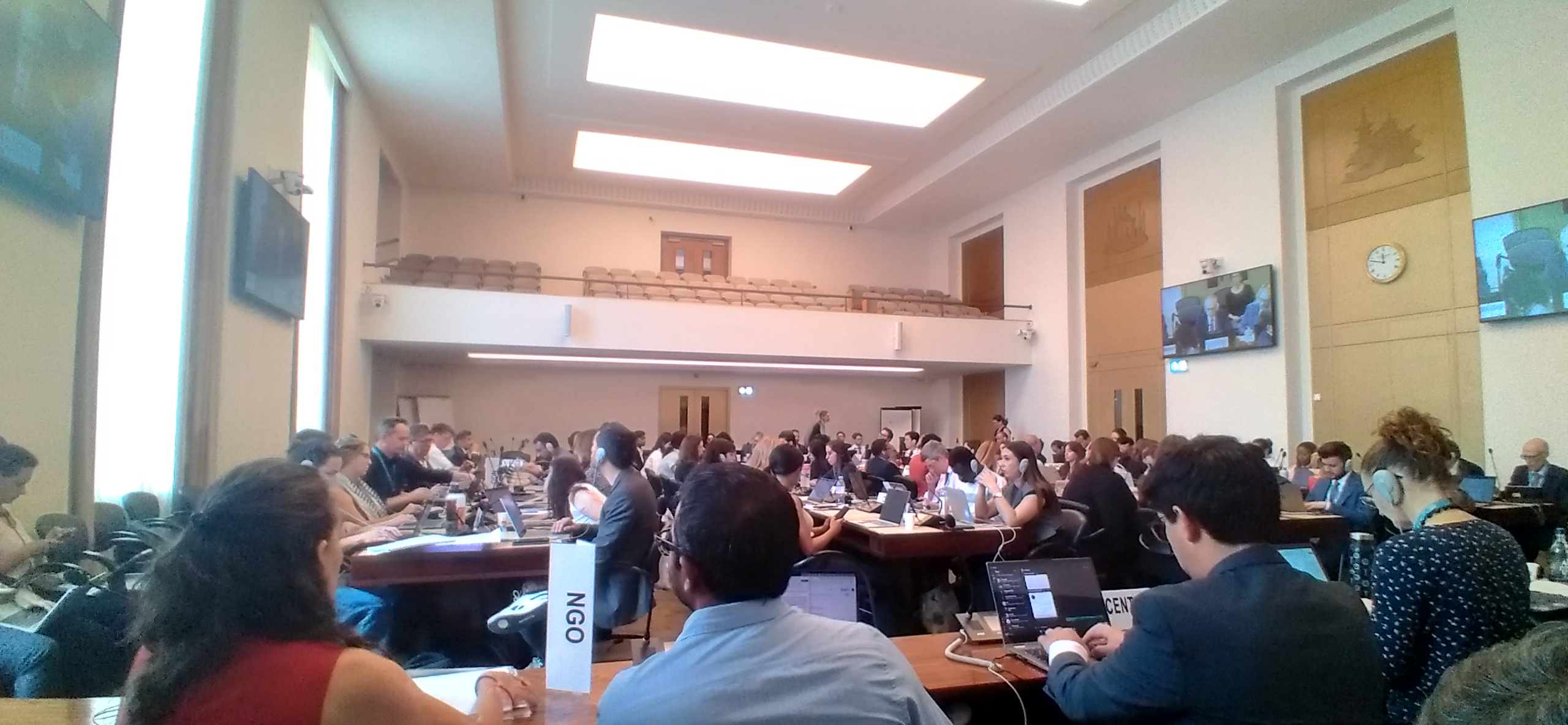Next week, the UN Committee on Economic, Social and Cultural Rights (CESCR) will meet with non-governmental organisations (NGOs), employers’ associations, academics and other stakeholders to discuss how States can do a better job of preventing and responding to violations of human rights, in particular when businesses are involved.
According to UN experts, human rights defenders working on economic, social and cultural (ESC) rights are one of the most vulnerable populations of defenders. Think of indigenous communities demanding compensation for land eviction, workers fighting for the right to organise themselves and the right to a safe workplace, or lawyers and other activists trying to help victims of abuses seek justice. As they carry out their work, they may face threats from government or business actors, and they are often in danger of losing their jobs and their land, and sometimes their lives.
ISHR programme manager Sarah M. Brooks said that a decision by the Committee to adopt a General Comment recognising the centrality of defenders to ensuring corporate accountability could be a game-changer.
‘For this reason, we joined with civil society groups from Africa, Asia and Latin America to show the Committee members the structural and diverse threats to defenders, and to suggest ways in which both governments and business can improve the situation,’ says Ms Brooks.
The joint NGO submission to the Committee calls for explicit language in the General Comment that would require States to:
- Ensure that national law and relevant policies recognise and protect the work of human rights defenders, including ESC rights defenders, and ensure accountability for attacks and reprisals against them.
- Publicly recognise the important role of defenders, whistleblowers, advocates, and others in ensuring access to remedy for violations of ESC rights.
- Establish that any mandatory human rights due diligence for companies take into account the situation of human rights defenders.
‘Although States have the primary duty to protect rights, businesses have a responsibility to respect human rights. This is generally established in principle – if not in practice – in the context of global supply chains,’ adds Ms Brooks. ‘But even where companies are not directly linked to negative human rights impacts, they can and should be proactive. For example, this could mean using their leverage to speak out against laws that limit civil society activities and target human rights defenders’.
According to international NGO Global Witness, in 2015 over 120 defenders working on land and the environment were killed in Latin America – the region deemed ‘most dangerous’ for defenders.
Justiça Global, a Brazilian NGO, has emphasised that these deaths often arise in procedural conflicts – when communities are not adequately consulted about projects that affect them. For real remedy, any government policy, including a National Action Plan on Business and Human Rights, must not only be legally enforceable on companies, but should include monitoring and grievance mechanisms that defenders and civil society can access easily and use effectively.
‘With this submission, we are urging the Committee to ensure that governments see the protection of human rights defenders as an element of their work to hold companies accountable for abuses of human rights, whether of individuals or communities’, says Ms Brooks.




